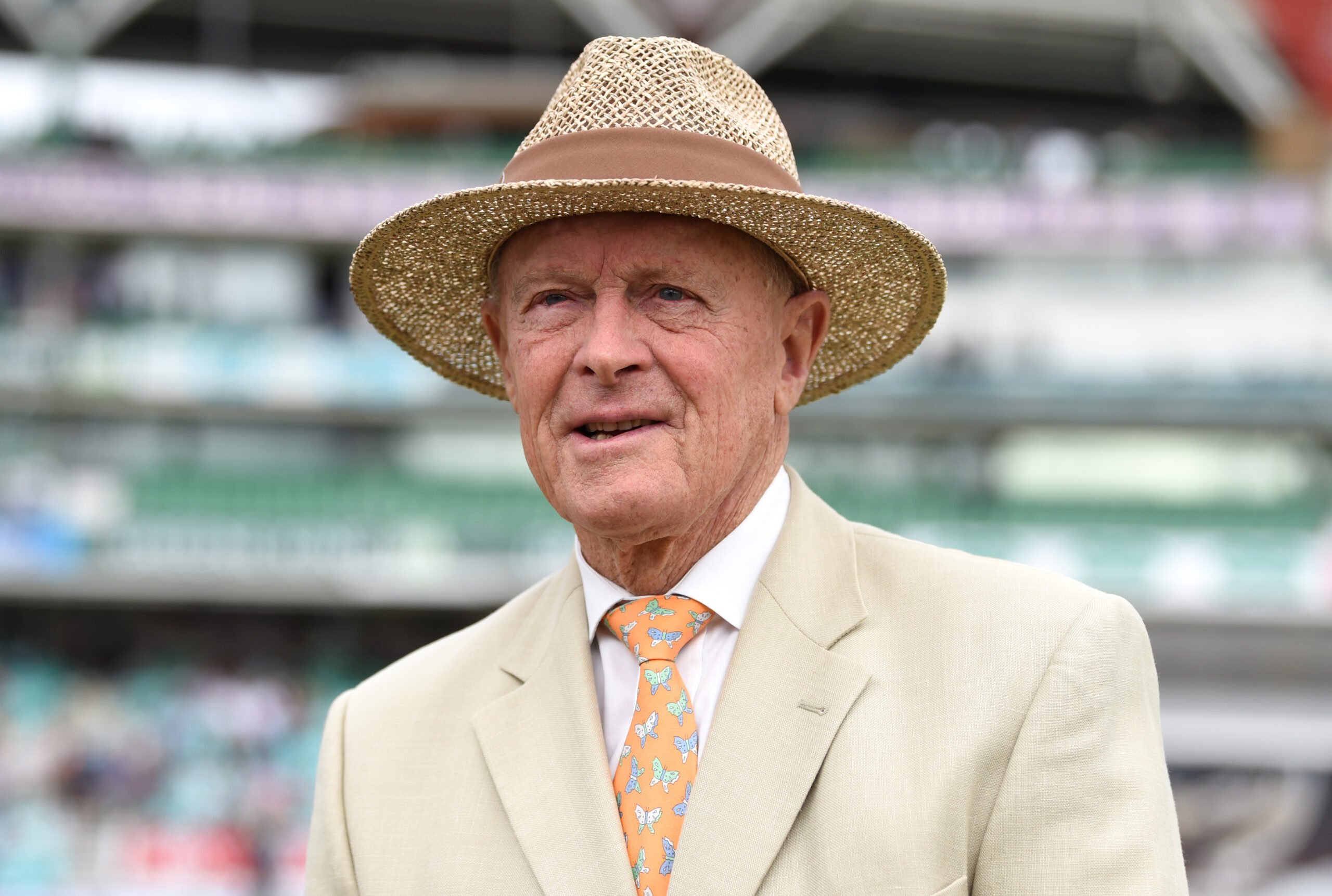- Saturday, April 26, 2025
Boycott, 83, learned last week that the cancer had returned after previously being treated for the illness in 2002 with chemotherapy and radiotherapy.

By: Vivek Mishra
FORMER England batter Geoffrey Boycott announced on Tuesday (2) that he has been diagnosed with throat cancer for the second time and will undergo surgery.
Boycott, 83, learned last week that the cancer had returned after previously being treated for the illness in 2002 with chemotherapy and radiotherapy.
Boycott will have an operation to remove the cancer in two weeks.
In a statement to Britain’s Daily Telegraph, where he is a columnist, Boycott said, “In the last few weeks I have had an MRI scan, CT scan, a PET scan and two biopsies and it has now been confirmed I have throat cancer and will require an operation. From past experience, I realise that to overcome cancer a second time I will need excellent medical treatment and quite a bit of luck and, even if the operation is successful, every cancer patient knows they have to live with the possibility of it returning. So I will just get on with it and hope for the best.”
Boycott is one of a few cricketers to have scored 100 first-class centuries.
For England, he scored over 8,000 runs in 108 Tests at an average of nearly 48. He also captained England in four Tests in 1978 in place of the injured Mike Brearley.
After his 24-year first-class career ended with Yorkshire sacking him in 1986, Boycott became a newspaper columnist and a broadcaster, gaining a global fan base. He was particularly popular in the Indian sub-continent.
In 2020, his 14-year stint as a commentator on BBC Radio‘s Test Match Special ended.
Boycott said at the time that the quadruple heart bypass surgery he underwent in 2018, along with the coronavirus pandemic, were factors in his decision to end his BBC career.
(With inputs from AFP)